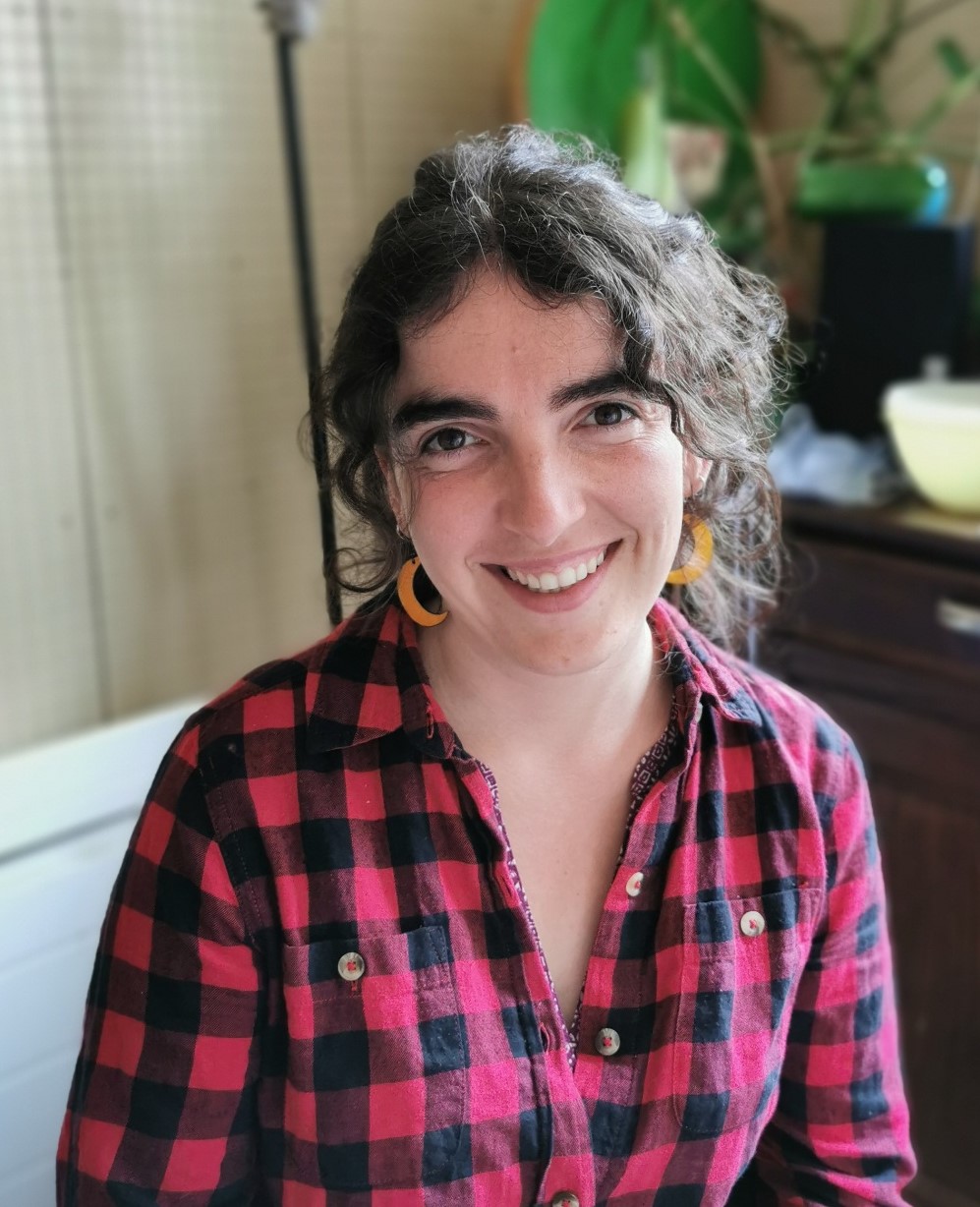Words to become tourist-fluent in a new language
Published:
When I was living in Cambodia, I did a lot of traveling around SE Asia. One of my favorite things to do was learn just enough of the language to become “tourist fluent,” which meant that I could get around on my own and even make a few jokes here and there. I’d forgotten to write down the basic vocab needed to get to this level, but when I was in Malaysia last month a lot of it came back to me. Here it is!
Words for utility
You don’t need that many words in your vocabulary to be able to do the majority of communication you need to get around and answer your questions. Here are the few words and phrases I’ve found most useful:
- Do you have? This one is super useful, and in many languages is just one word or two. Do you have a bathroom? Do you have food?
- (Is this) okay? Another one which is usually one or two words, this is good to make sure you’re not breaking any rules or making anyone mad. *points down a path that may or may not be closed* “Can?”
- Where? This one can be used to piece together different types of questions. Usually most useful with associated gesturing, since you probably won’t be able to udnerstand the answer otherwise. *name of tourist attraction* “Where?” “Bathroom where?”
How much? Goes without explanation, this one is useful for both asking prices at a market and also can stand in for “check please” at a restaurant.
- This: useful for pointing at things and combining with other simple questions. This, how much?
- Plain water: this one is tougher to learn, but important to save money. Even in countries where the tap water is undrinkable, many restaurants can still provide you with non-bottled water to drink for free. No more paying $1 per small bottle!
- Bathroom: self-explanatory.
- Already: the universal indicator for past tense, can be used to ask if you’ve missed your bus or the show has already started.
- Finished: also a near-universal word to ask whether the restaurant has stopped serving food or if the bus is full and there’s not room for you. Also important if you’re being fed by someone lovely who keeps refilling your plate!
- I don’t understand: this one is especially useful once you’ve mastered asking the questions hah!
Words for fun
These words are important to have in your arsenal to start making connections and crack some smiles. I’ve found that this very limited vocabulary can get you so far in making jokes and human connections!
- Delicious: self-explanatory, everybody loves connecting over food.
- Beautiful: to be used for places and people!
- I’m full: crucial if you’re being hosted by someone during meals, hehe.
- Let’s go: this is my favorite phrase to learn in a foreign language. Many languages have just one, staccato word for this phrase. It’s the phrase you use when you’re with a group of people and just want to get moving, “ok, let’s go!” Cambodian: toh, Thai: pah, Chinese: zho bah, Malay: jom.
